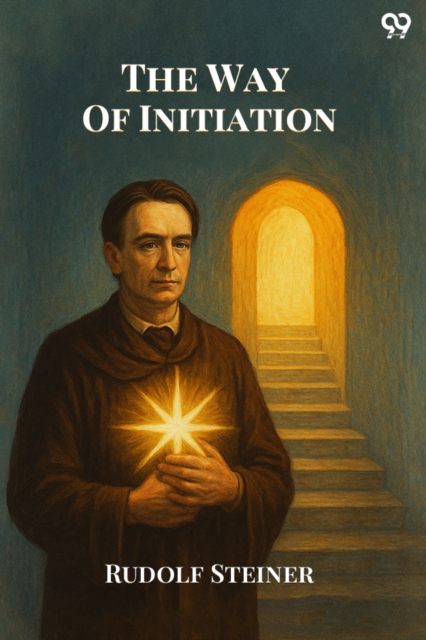Steiner, Rudolf: - Rudolf Joseph Lorenz Steiner was born in 1861 to Johann Steiner and Franziska Blie. He emerged as a prominent figure in philosophy, spirituality, and cultural renewal during the late 19th and early 20th centuries. Initially recognized for his scholarly work on GOETHE, Steiner s intellectual journey gradually shifted toward metaphysical and esoteric inquiries. His early education at the Vienna University of Technology and later studies at the University of Rostock provided a strong foundation in science and philosophy, which he later integrated into his spiritual explorations. He claimed the existence of clairvoyant abilities and developed a system of knowledge he called spiritual science, aiming to bridge the material and spiritual worlds. Steiner s teachings influenced a range of fields, including education, medicine, agriculture, and architecture. He founded the anthroposophical movement, which sought to apply spiritual understanding to practical life. His architectural legacy includes the Goetheanum, a center for cultural and spiritual activities. Although he attracted both admiration and criticism, his commitment to fostering human development through inner knowledge and social responsibility left a lasting impact. Steiner died in 1925 in Switzerland, leaving behind a substantial body of work that continues to inspire alternative approaches to learning, healing, and spiritual inquiry.










